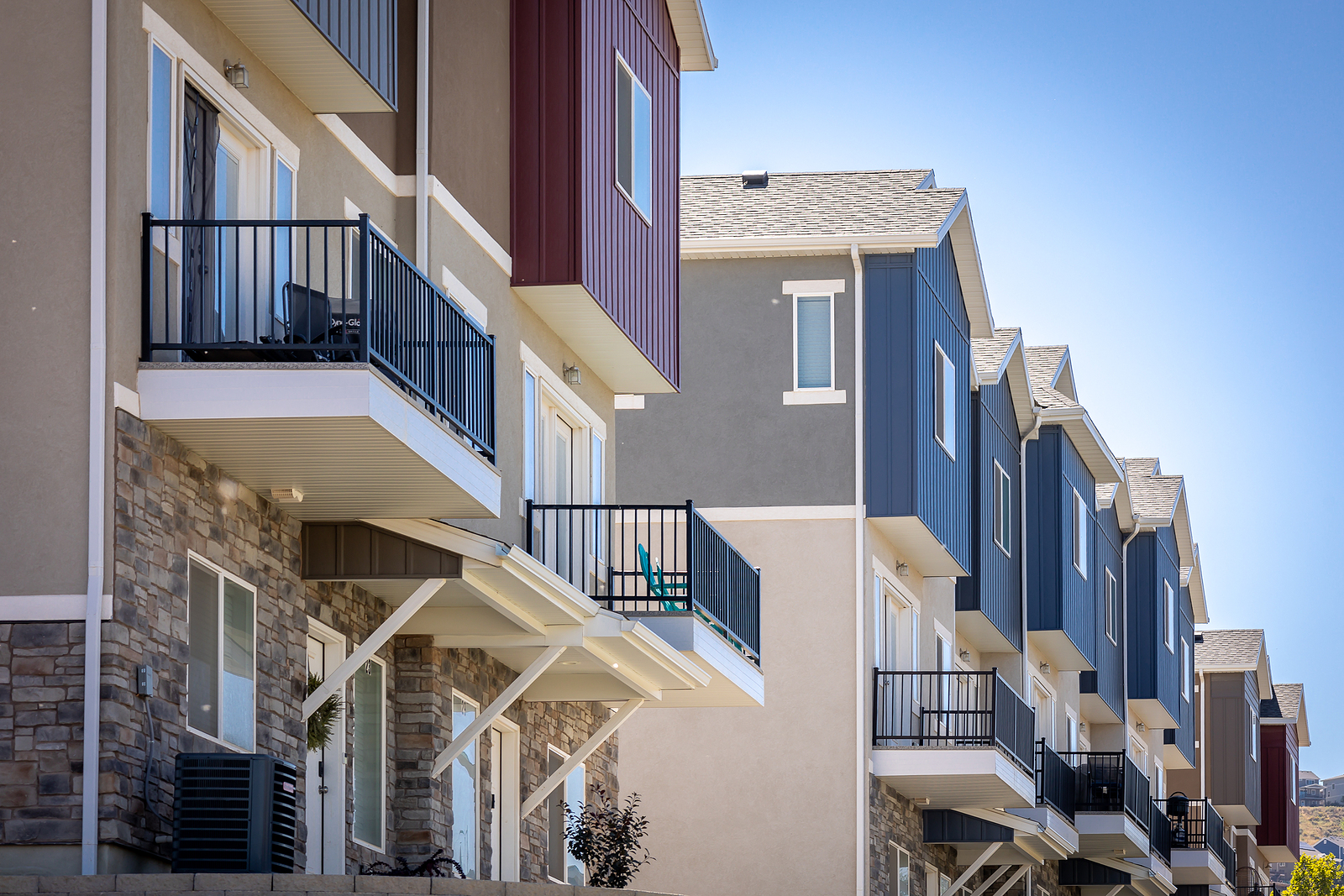Apples and oranges — that’s what condos and houses are. Sure, they both provide a roof over your head, and they’re both financial investments, but that’s where the similarities end.
Just as when we compare apples and oranges, houses and condos differ by price, taste, and by how they will be used.

The most significant difference between owning a condo and owning a house
Precisely what do you own when you buy them?
When you buy a house, you also typically own the land on which it sits and everything else permanently attached to the land. On the other hand, when you purchase a condo, you own only what lies between the walls of your unit.
The rest of the complex, the “common areas,” are owned in common by all the unit owners. You have the right to use the common areas but not alter them in any way. Some items considered common areas include:
- Fitness center
- Lobby
- Pool
- Mailroom
- Tennis courts
- Elevators
- Landscaping

The Advantages of Purchasing a Condo
The price is the most obvious advantage of buying a condo rather than a house. Although luxury condominiums can be pricey, condos are far less expensive than houses.
For instance, the average price of a single-family home nationwide is $250,000, while the average price of a condo is $149,900.
Other advantages include:
- Less maintenance — The Homeowner’s Association (HOA) is usually responsible for maintenance decisions, and all the owners share the cost of common area upkeep. This includes big-ticket items such as air-conditioning units, the roof, and fencing.
- On-site amenities — While pools and fitness centers are common, the sky is the limit regarding condo amenities. Some complexes offer dog parks, clubhouses, a concierge, or rooftop gardens. Many high-end condo communities offer luxuries you may be unable to afford in the single-family home market.
- Lower cost of living — While you will most likely pay a maintenance fee each month, it typically includes water, trash, and sewer costs. Sometimes utilities are included in the fee. The HOA pays for the insurance on the entire complex, so you may need only to cover what is inside your unit.
The Disadvantages of Buying a Condo
Judging by the sheer number of Americans that choose to purchase and live in condos, the disadvantages of condo living aren’t insurmountable. Here are a few disadvantages to weigh against the advantages:
- HOA — Some homeowner’s associations can be quite intrusive, with restrictions that may border the ridiculous. Some raise the maintenance fees annually while ignoring maintenance needs.
- Space and privacy — most condo complexes have a decided lack of both.
- Tenant neighbors — HOAs find it challenging to enforce the complex’s rules on tenants and typically go after the absentee owner. Some owners are diligent about disciplining their tenants, others – not so much.
If you’re leaning toward purchasing a condo instead of a house, be sure that you read every word on every page of the HOA documents that will be supplied to you.
Pay close attention to the Covenants, Conditions & Restrictions (CC&Rs). You must follow these rules when you purchase a condo in a complex. It’s dry stuff but contains all the information you need to determine if this is the right condo for you.
If you have any questions about anything written in those documents, we urge you to take the paperwork to your attorney for a translation.
Powered by WPeMatico
